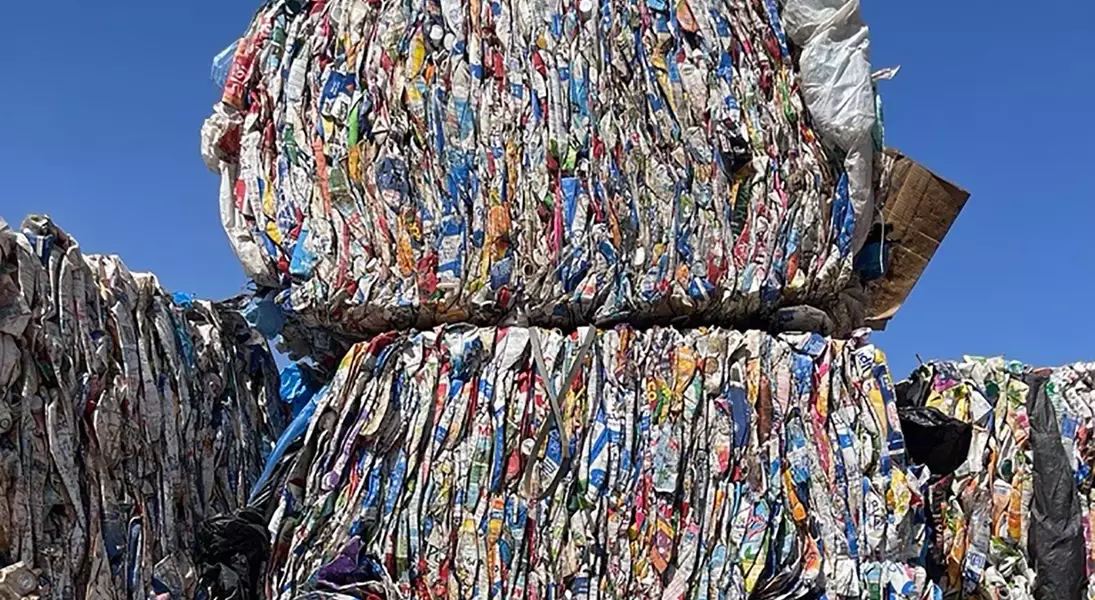
In a pioneering move, SIG has teamed up with Plastic Bank, Carta Misr, and TileGreen to introduce Egypt's first comprehensive recycling system for used beverage cartons. This initiative seeks to transform the nation's recycling infrastructure by addressing gaps in waste collection and processing. By integrating advanced technologies and leveraging local expertise, the collaboration aims to create an environmentally sustainable and economically beneficial framework. The partnership involves multiple stages of recycling, empowering waste collectors, producing high-quality recycled paper, and repurposing materials into durable construction products.
Pioneering Collaboration for Environmental and Economic Impact
In a bold step toward sustainability, Packaging solutions provider SIG joined forces with three key partners to launch Egypt's inaugural end-to-end recycling system for used aseptic beverage cartons. In this innovative endeavor, Plastic Bank takes charge of collecting discarded cartons through a blockchain-secured platform, ensuring transparency and providing waste collectors with a dependable income source. Meanwhile, Carta Misr, a prominent local paper mill, separates paper fibers from the cartons' aluminum and polymer layers, yielding superior recycled paper products. Complementing these efforts, TileGreen, an Egyptian start-up, converts the PolyAl mix into robust interlock bricks, showcasing the adaptability of recycled materials.
This transformative initiative commenced as a response to Egypt's historical absence of formal waste collection systems. Through this collaboration, all components of used beverage cartons are effectively recycled, preventing them from being dumped in landfills. The project not only bolsters environmental sustainability but also generates economic opportunities for local communities. By establishing a reliable recycling infrastructure, it supports stable livelihoods for waste collectors and actively engages consumers through tangible applications of recycled materials.
Abdelghany Eladib, SIG's president and general manager for India, Middle East, and Africa, emphasized the significance of this partnership: “Our joint efforts exemplify the importance of sustainable innovation in today’s economy, ensuring that every material from used beverage cartons is recycled efficiently.” Similarly, Mohammed Gamal, CEO of Carta Misr, highlighted the potential of used beverage cartons as a valuable resource for producing superior paper products while reducing reliance on additional raw materials. Lastly, Khaled Raafat, CTO and co-founder of TileGreen, underscored the scalable and sustainable impact of repurposing PolyAl into durable building materials, driving progress in both environmental and economic realms.
From a journalist's perspective, this initiative sets a remarkable precedent for how collaborations can drive meaningful change. It demonstrates that combining technological innovation with local expertise can lead to impactful solutions that benefit both the environment and society. This partnership serves as an inspiring model for other regions seeking to establish sustainable recycling frameworks, proving that sustainability and economic growth can go hand in hand. As we witness the tangible outcomes of such efforts, it becomes evident that embracing sustainable practices is not just a choice but a necessity for future prosperity.
